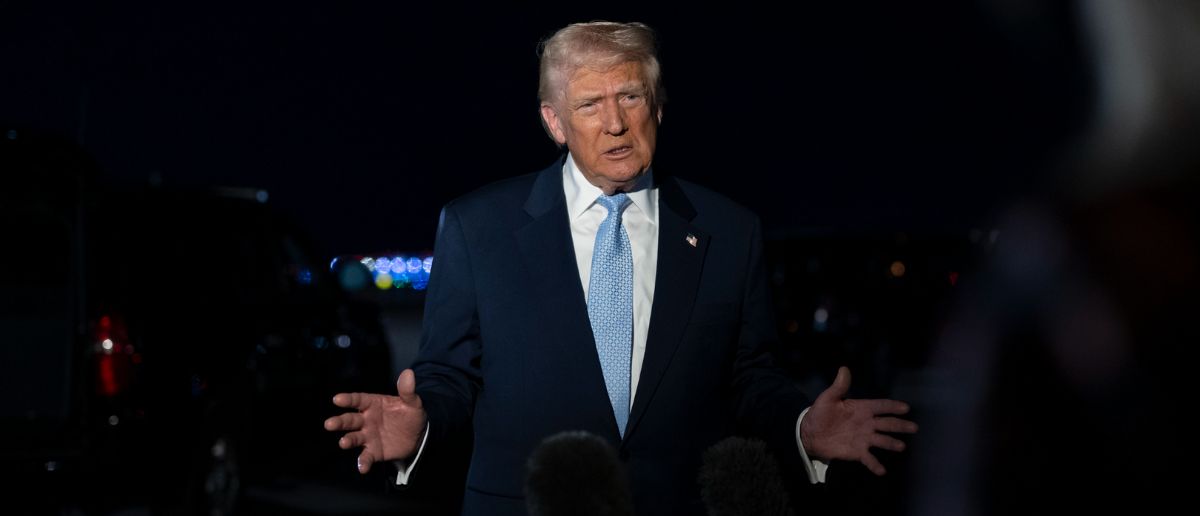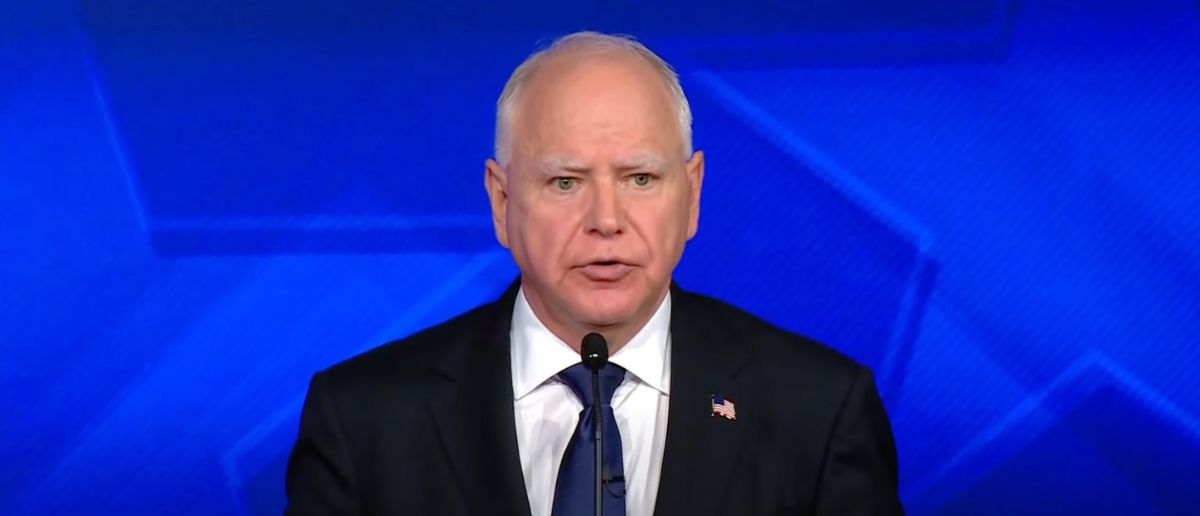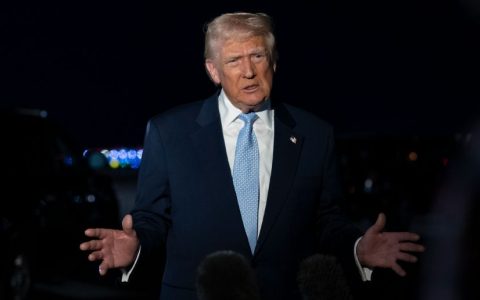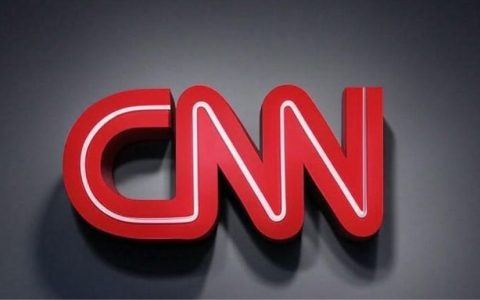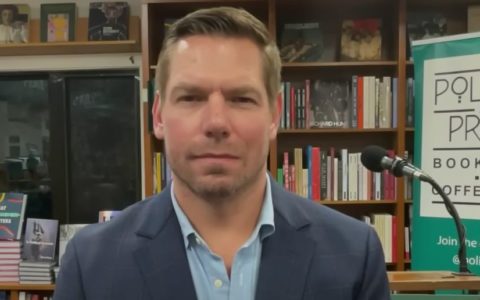
Rogue judges are after President Trump. They are staging a coup right now.
That’s why the U.S. Supreme Court’s been put on notice over this federal court scheme to obstruct the Trump admin.
Trump Administration Clashes with Lower Courts Over U.S. Attorney Appointments
The effort by federal district courts to block President Donald Trump’s preferred U.S. attorney nominees has ignited a significant legal dispute, raising questions about the balance of power between the executive and judicial branches.
As Democratic senators delay confirmation votes for Trump’s U.S. attorney candidates, the administration has turned to unconventional tactics to keep its interim appointees in place, circumventing a rarely invoked federal law that allows district court judges to appoint their own candidates when interim terms expire.
“It seems constitutionally odd to have members of Article III appointing Article II officials,” Ilya Shapiro, director of Constitutional Studies at the Manhattan Institute, told the Daily Caller News Foundation. “I could see this issue making it to the Supreme Court in the context of a criminal defendant challenging the propriety of his prosecution.”
In New Jersey, when Alina Habba’s 120-day term as interim U.S. attorney ended in July, district court judges, predominantly appointed by Democratic presidents, chose her deputy, Desiree Leigh Grace, to assume the role.
Attorney General Pam Bondi swiftly dismissed Grace just hours after her appointment, reinstating Habba by withdrawing her nomination and designating her as acting U.S. attorney, a move that sidestepped the judicial selection.
New Jersey’s Democratic Sens. Andy Kim and Cory Booker defended the court’s decision, calling it a “rightful exercise of authority.” They had previously criticized Habba, who represented Trump in the E. Jean Carroll defamation case, for pursuing what they described as “politically motivated prosecutions.”
“I don’t cower to pressure,” Habba wrote on July 24. “I don’t answer to politics.” Bondi’s action caused significant disruption, with some court proceedings in New Jersey halted due to uncertainty over Habba’s legal authority, according to The New York Times.
A lawyer representing a client facing drug charges, scheduled for trial on August 4, filed a motion on July 27 questioning Habba’s legitimacy. Chief U.S. District Judge Matthew Brann of Pennsylvania’s Middle District set a hearing for August 15 to address the challenge to Habba’s prosecutorial powers.
“The Government’s position has extreme implications that it openly embraces: by using the Special Attorney designation and delegation, Ms. Habba may exercise all of the powers of the United States Attorney without being subject to any of the statutory limitations on that office,” Brann wrote in a court filing.
The Department of Justice stood by Habba, arguing in a Tuesday filing that her authority was validly delegated by the Attorney General, who, along with the Deputy Attorney General, is Senate-confirmed. “Whether or not Ms. Habba technically qualifies as Acting United States Attorney, the Attorney General has validly delegated to her the authority to supervise all pending prosecutions and other matters in the USAO-NJ,” the filing stated.
The controversy could escalate to the Supreme Court, according to Thea Johnson, a Rutgers Law professor, who told NJ Advance Media, “You can’t just have an indefinite pause in criminal cases.”
Similar disputes have emerged elsewhere. In New York’s Northern District, federal judges declined to confirm John A. Sarcone III as permanent U.S. attorney in July, prompting the administration to name him a “special attorney to the attorney general” with acting U.S. attorney powers. In Los Angeles and Nevada, interim U.S. attorneys Bilal A. Essayli and Sigal Chattah were also designated as acting U.S. attorneys, extending their terms for 210 days.
“Donald Trump knows Sigal Chattah would be soundly rejected by both sides of the aisle if she had to be confirmed by the U.S. Senate, which is why he’s relying on an unconstitutional maneuver to keep her in this role indefinitely,” Nevada’s Democratic Sen. Jacky Rosen wrote on Tuesday. Chattah, previously Nevada’s Republican national committeewoman, faced scrutiny for comments made during her campaign for state attorney general.
Tensions Escalate Between Trump Administration and Lower Federal Courts
Since January, lower federal courts have repeatedly challenged President Trump’s policy initiatives, often issuing rulings that conflict with his administration’s goals. These disputes have frequently been overturned by the Supreme Court, highlighting a growing tension between the executive and judicial branches.
In June, the Supreme Court limited the ability of lower courts to issue nationwide injunctions, which had been used to block Trump’s executive order on birthright citizenship. The high court also upheld Trump’s authority to dismiss executive officials, reversing lower court efforts to keep certain officials in place during ongoing litigation.
The current clash over U.S. attorney appointments stems from a Civil War-era statute that permits district courts to appoint interim U.S. attorneys when a temporary term expires. Northwestern University law professor Steve Calabresi argues this law is unconstitutional, asserting that “the office of Interim U.S. Attorney is not quasi-judicial, or quasi-legislative” and involves purely executive functions, which should be controlled solely by the Attorney General or the President.
Lower courts have issued rulings against Trump’s policies on immigration, environmental regulations, and executive appointments, often citing procedural or constitutional concerns. The Supreme Court’s recent decisions, however, suggest a willingness to curb judicial overreach, particularly when lower courts attempt to assert authority over executive functions.
Legal experts anticipate that the dispute over interim U.S. attorney appointments could reach the Supreme Court, especially if a criminal defendant challenges the legitimacy of their prosecution under an acting U.S. attorney like Habba or Chattah. Such a case could clarify the scope of judicial authority under the appointments clause and the extent to which the executive branch can bypass Senate confirmation through temporary appointments.

